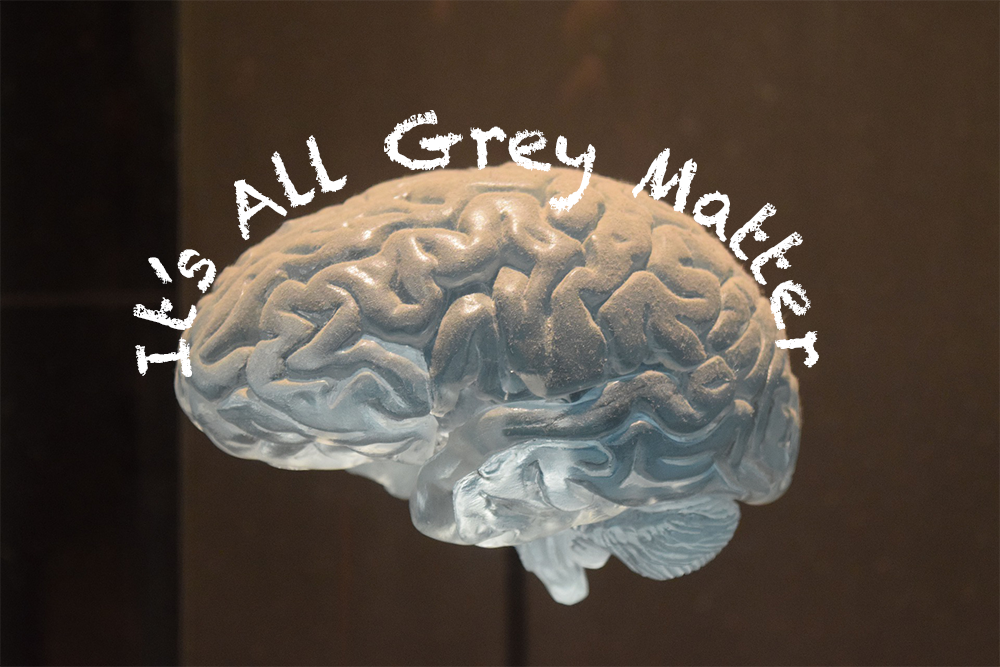
• Brain scans of mothers showed they lit up when seeing their own child's face
• The same response wasn't seen when mothers saw pictures of other children
• While the new research found first-time fathers didn't show the same response
New research suggests that pregnancy appears to trigger long-term changes in the brain structure that could boost a mother’s ability to care for her new-born baby.
Brain scans have found that the volume of grey matter in certain regions of the brain decreased in women who had been pregnant. Elseline Hoekzema, co-author of the research from Leiden University said, “These changes were remarkably consistent…that a computer algorithm could automatically identify which of the women in our sample had been pregnant...”
These changes can help build mother-child attachments, thought to be the fine tuning of connections involved in the social process between mother and child. The drop in grey matter has been linked to the so-called “theory of mind network” – the regions of the brain linked to the ability to put oneself in other people’s shoes and imagine how they would think or feel.
In a way, it would suggest that the lack of grey matter dampens whilst sensitising the new mother’s connectivity to be able to better care for a child that isn’t able to communicate to the world what its needs.
“It is important to stress that our findings do not suggest any link to changes in general cognitive abilities or intelligence,” said Hoekezema. “[It] is not that mothers are losing brain cells, losing grey matter in these regions, it is that they have actually have other cells come in to help reorganize and change up some of those connections to strengthen them, or at least make them more efficient”
What about the new fathers? Well researchers say the lack of similar brain changes among new fathers suggests the adjustments are down to biological processes, such as fluctuations in hormones, Dr Kirstie Whitaker, an expert in neuroimaging from Cambridge University points out that environmental influences could be at play.
“Being a new mum is hard and you have to adjust an awful lot. [The] brain is going to[need] to be able to respond to that change and it is going to make it so that you can take care of this new born bundle of joy” said Whitaker.
Do you agree with this new research?
Have you seen the changes in new mother’s social connectivity?